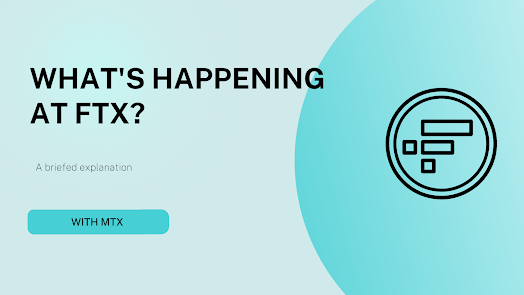It is inevitable that a choice must be made as to which type of blockchain is best suited for a company's supply chain blockchain solution. Because of this, it is critical to have a thorough understanding of the various blockchain structure options available. Supply chain information management is not appropriate for all types of blockchains. Public, private, consortium, and hybrid blockchains are the four main types of blockchain networks. It is important to note that each of these platforms has its own advantages, disadvantages, and ideal applications.
1. Public Blockchain
Because it is permissionless and non-restrictive, anyone with internet access can sign up as a node and participate in the public blockchain network. Access to current and previous records, as well as the complex computations needed to verify transactions and add them to the ledger, is available for this user. Because the source code is usually open, anyone can verify the transactions, find bugs, or propose changes without affecting the validity of any existing records or transactions on the network. Cryptocurrency trading, mining and exchanging are the primary functions of public blockchains.
2. Private Blockchain
This type of blockchain is called a private blockchain and is controlled by a single organisation. However, this is a much smaller version of a public blockchain network that still uses peer-to-peer connections and decentralisation. Private blockchains, on the other hand, are typically run on a small network within a company or organisation, rather than being open to anyone who wants to join and contribute computing power.
3. Consortium Blockchain
Unlike private blockchains, which are governed solely by one organisation, consortium blockchains are permissioned blockchains that are governed by a group of organisations rather than a single organisation. Essentially, because this blockchain is accessible to a specific group, it eliminates the risks that come with a private blockchain that is controlled by a single party. It's important to note that creating consortiums necessitates the cooperation of multiple organisations, which can present logistical difficulties as well as antitrust concerns.
4. Hybrid Blockchain
To perform certain transaction validations, the public blockchain is required to have some level of oversight over the control of the private blockchain, which is the case with hybrid blockchains. Hybrid blockchain transactions and records are not made public, but can be accessed through a smart contract if necessary. Even though the information is kept confidential, it can still be verified within the network. Even if a private company owns the hybrid blockchain, transactions on the network will remain unaffected.



.jpg)

No comments:
Post a Comment